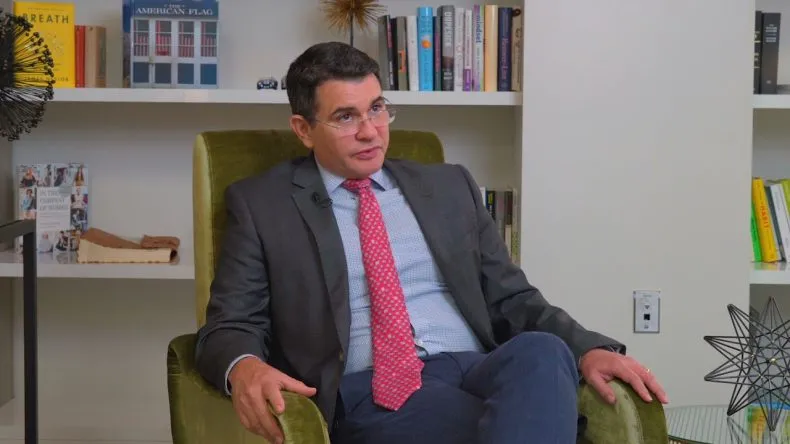The Path to Long-Term Recovery
We cannot understand addiction without looking at the underlying causes of addictive behavior – why a person seeks a drug and what relief they find in it. Substance abuse may be an escape from negative thought patterns, a search for compensation for something you have lost, or a way to de-stress or relax.
Often, mental health disorders like depression and anxiety drive addictive behavior. Long-term recovery involves holistic healing that treats these conditions alongside addiction. By overcoming the underlying causes of drug use, you can achieve long-term abstinence and live a fulfilling and prosperous life.
What Is Dual Diagnosis?
Dual diagnosis, or co-occurring disorders, is when a patient has a mental health condition alongside a substance use disorder (SUD). These mental health conditions may have developed due to an addiction or have preceded the start of substance abuse. Dual diagnosis does not mean one condition caused the other, and it can be hard to tell which came first. Dual diagnosis is very common – 7.7 million people in the United States have co-occurring disorders – around 37.9% of all people with a SUD. Unfortunately, only 9.1% receive both mental health and addiction support. According to the National Institute on Drug Abuse, the most common mental health conditions to occur alongside addiction are:
- Post-traumatic stress disorder (PTSD)
- Attention-deficit hyperactivity disorder (ADHD)
- Borderline personality disorder
- Antisocial personality disorder
- Bipolar disorder
- Depression
- Psychosis
What Are the Signs of Dual Diagnosis?
Because of the complex nature of dual diagnosis, symptoms display differently in everyone. Often, they depend on the substance used and the type and severity of the mental health condition.
If you’re concerned about a loved one’s mental wellbeing and substance use, a professional diagnosis is always the best approach.
Though not a comprehensive list, some of the common signs of dual diagnosis include:
- Erratic behavior
- Trouble coping with everyday responsibilities and tasks
- Neglecting hygiene
- Increased impulsivity
- Financial irresponsibility
- Distinct personality changes when not under the influence
- Delusional thinking
- Impaired performance in work or education
Why Is Self-Medication Dangerous?
Dual diagnosis often results from people self-medicating to ease mental health symptoms. However, habitually using any substance can lead to addiction and will not fix the underlying problem. Instead, it will actually make it worse.
An example of someone self-medicating could be:
- Using cocaine to counteract the lethargy of depression
- Taking benzodiazepines to deal with panic attacks
- Using opiates to numb the pain of PTSD flashbacks
As our bodies build a tolerance to all substances, we eventually need larger quantities of substances to feel the same effects. This increases the risk of serious health complications and overdose. We also typically feel even worse when the substances wear off, starting a vicious cycle of using simply to feel normal.
How Does GIA Miami Treat Dual Diagnosis?
At GIA Miami, all our treatment options are evidence-based and supported by the most advanced scientific research in the field.
We treat dual diagnosis with a combination of transcranial magnetic stimulation therapy (TMS), an innovative treatment approach that uses gentle magnetic pulses to stimulate certain brain cells, and talking therapies like cognitive-behavioral therapy and group therapy.
We begin with an in-depth psychological assessment and psychiatric examination using the most up-to-date diagnostic technologies to gain a comprehensive understanding of your condition.
Our team, which includes world leaders in TMS therapy, then design an individualized treatment plan to provide the most effective treatment for you.

TMS can cause life-changing improvements in symptoms of mental health conditions as well as addiction. Two-thirds of people receiving TMS therapy achieve full remission or significant improvement in symptoms of depression, a major cause of addictive behavior. At the same time, numerous studies have found TMS to be effective in reducing cravings for cocaine and helping to maintain abstinence.
At GIA Miami, we offer all our programs on an outpatient basis, so you can fit treatment around your daily schedule. Our modern facility and compassionate staff ensure you are comfortable at all times, so you can fully engage in your treatment.









